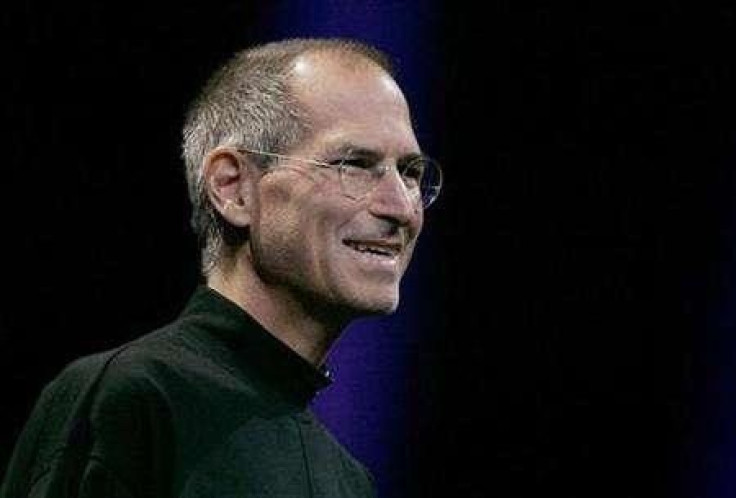Learn About Mindfulness: Steve Jobs’ Secret To Success

“We are all inventors, each sailing out on a voyage of discovery, guided each by a private chart, of which there is no duplicate. The world is all gates, all opportunities.” — Ralph Waldo Emerson
The world lost a remarkable inventor on Oct. 5, 2011 when pancreatic cancer claimed Steve Jobs’ life, yet his ingenuity continues to live on. Even at a young age, Jobs was known to be a Zen Buddhist. Later in life, he forged friendship with Shunryu Suzuki, who wrote “Zen Mind, Beginner’s Mind” and had Kobun Chino Otogawa, a Sōtō Zen priest, officiate his wedding in 1991 to Laurene Powell.
Many attributed Jobs' success to Zen Buddhism’s mindfulness coupled with regular meditation practices. Walter Isaacson quoted Jobs when he wrote the latter’s 2011 biography that “if you just sit and observe, you will see how restless your mind is.” It is the principle of Zen which Jobs also embraced that the restless mind calms on its own — definitely not when one attempts to as it will only worsen — and when it does calm, profound things start to invade the mind and clairvoyance is achieved, enabling the believer to have clearer perspectives. That is mindfulness. Zen’s teachings reflected in how Jobs managed his career and the companies he created — a commitment to austerity, courage and resoluteness.
Mindfulness For Higher Performance
In Japan as early as the 7th century, Zen Buddhism has already been in practice. Nonetheless, not too many are cognisant about the mindfulness principle. In an article published by Huffington Post in 2013, it was announced that a few mindfulness programs were designed to focus on relieving stress, a primary trigger of many serious illnesses. To introduce mindfulness in the corporate world, a lot of learning institutes are already offering programs to help corporations or executives achieve optimal mental performance. As early as 1970s, General Mills, Haagen-Dazs ice cream and Cheerios’ cereal maker and Goldman Sachs board member William George confessed having integrated mindfulness in their lives.
When it comes to technology industry, Google’s Chade-Meng Tan pioneered the program with his book "Search Inside Yourself," after being inspired by General Mills. Other tech giants followed suit like Silicon Valley during its Wisdom 2.0 annual conference, where thousands of technologists from Twitter, Facebook and LinkedIn traded tips about mindfulness; and Adobe, Target and Ford, to mention a few. Indeed, mindfulness is associated with insight meditation. It means awareness from moment to moment.
The world mourned when Steve Jobs succumbed to cancer, yet a trait of him is also seen among world inventors, entrepreneurs and innovators. One does not have to be a Buddhist to reap the benefits of mindfulness.
For comments or feedback on the article, please contact the writer at selivak@ibtimes.com.au.






